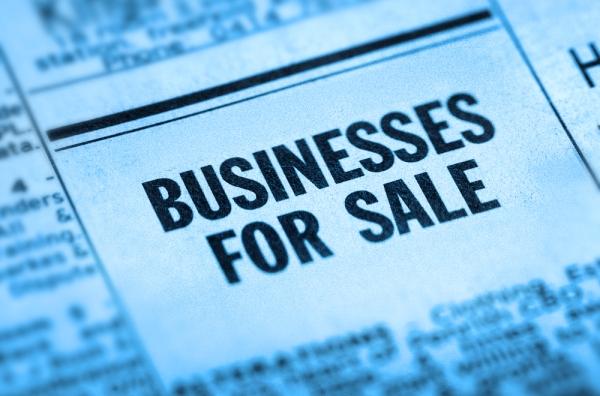
65% of business owners don’t. This alarming statistic was presented at the National Association of Certified Valuators and Analysts (NACVA) 2017 Annual Consultants’ Conference held in June in Chicago. Determining the value of a business can be done both formally and informally. Having a solid understanding of the value of your business through its life cycle, and the related business value drivers, is key to achieving your goals.
For those who watch Shark Tank, we see time and time again hungry entrepreneurs pitching an unrealistic business valuation to the sharks – a surefire way to not only irritate potential investors, but lose the opportunity of a deal straightaway.
How is the value of a business determined?
There are a number of methods you can use to calculate the value of a business.
- Asset-Based Approaches: focuses on the assets and liabilities, and then adjusts the estimates to fair market value.
- Earnings Value Approaches: based on the concept that a business’s true value lies in its ability to produce revenue, and more importantly profits and cash flow, in the future.
- Market Value Approaches: estimates the value by comparing the business to similar businesses that have been sold.
Why is it important to have your company independently valued?
Companies should consider valuations for a variety of important reasons, including the following planning areas:
- Succession planning and ownership transfers to family and/or key employees
- Acquisitions, Sales and Mergers
- Estate and Gift Planning
- Buy-Sell Agreements
- Divorce Proceedings
- Corporate Financing and Recapitalization
- Business Interruption and Litigation Consulting
Having professionals, such as a Certified Valuation Analyst (CVA) and CPAs, complete your business valuation ensures your valuation is objective.
